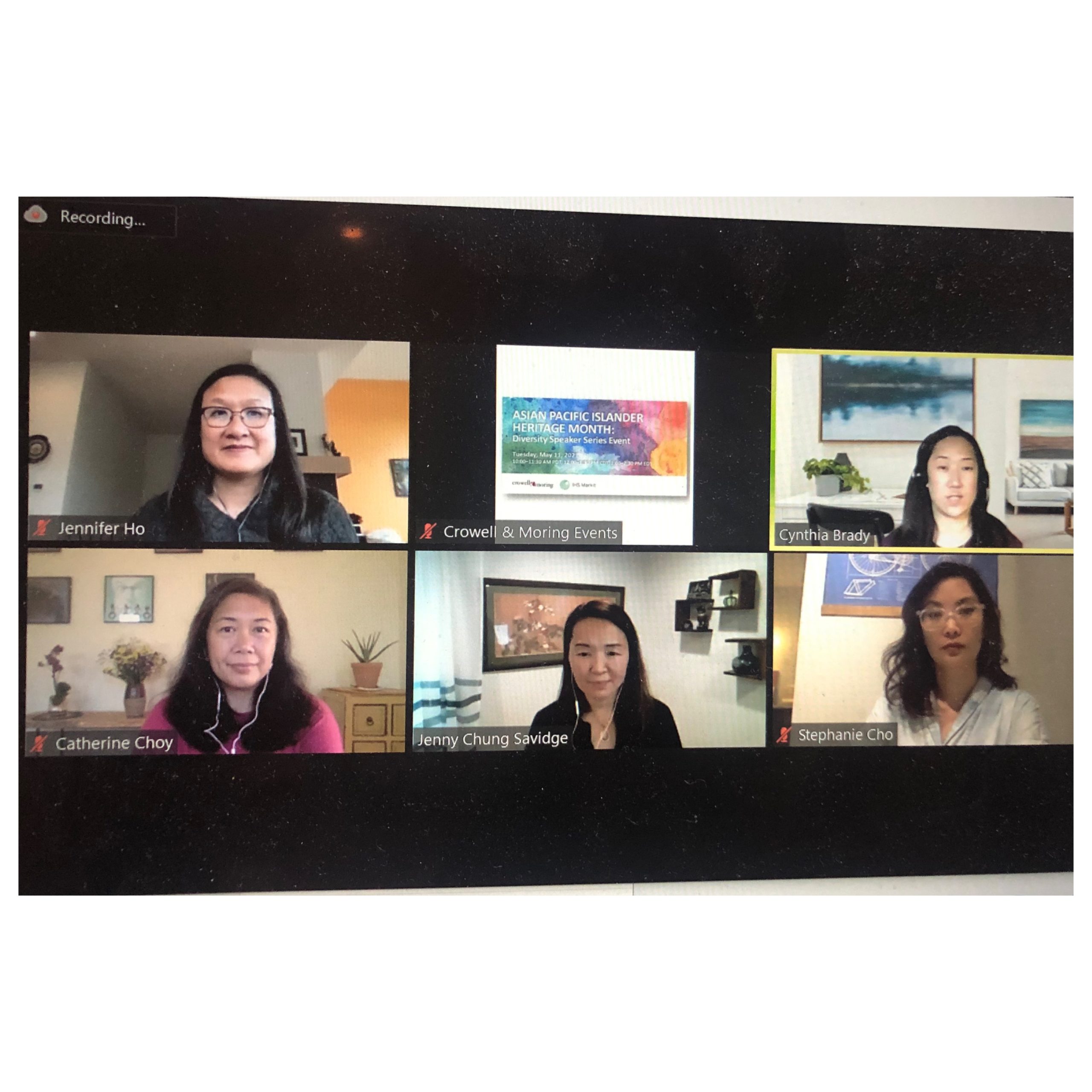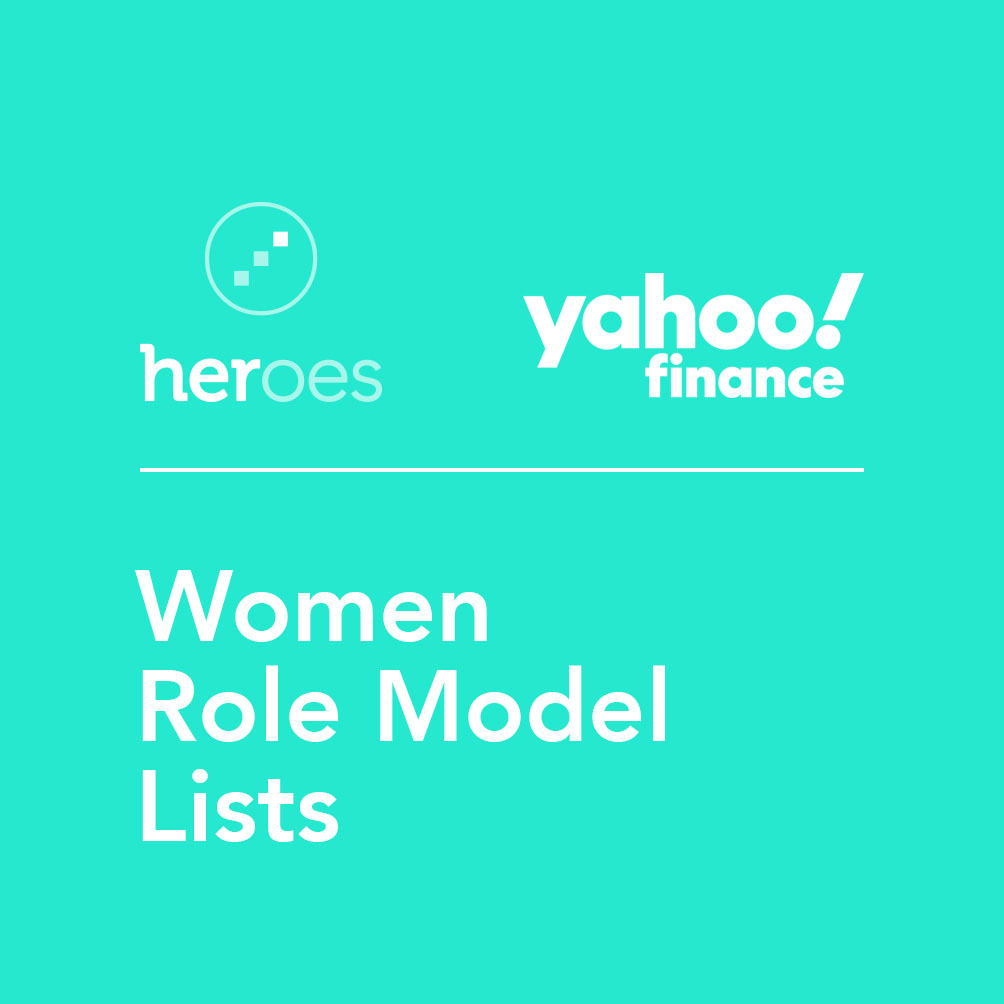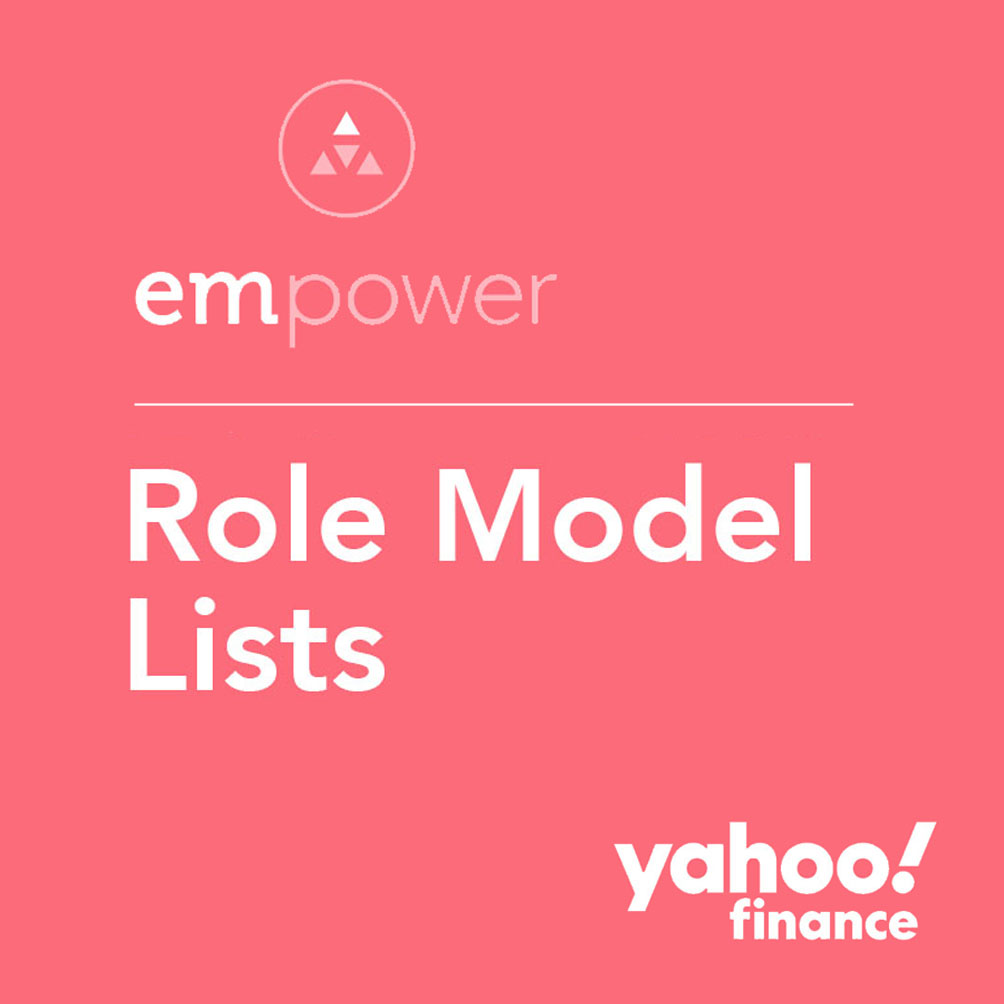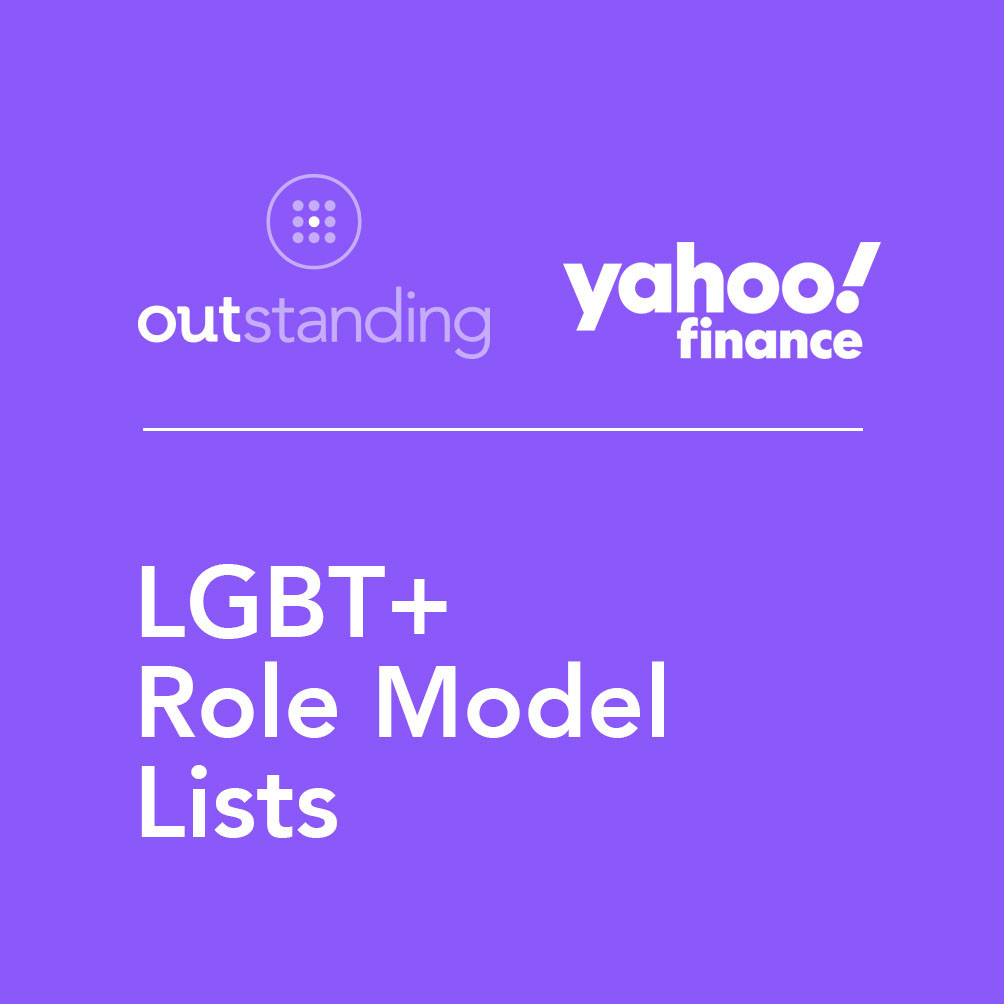USA
Head of Legal Compliance, U.S. Data Security – TikTok
Jenny is a champion for diversity and inclusion in business. She is passionate about issues surrounding race and intersectionality, is an advocate of first-generation students, and throughout her career has supported and led several initiatives to foster inclusion in the workplace. Jenny is committed to creating a world where women in business can succeed and is using her knowledge and expertise to drive positive change.
In a nutshell, please tell us a little about your career journey until this point.
It’s definitely been a journey, with some pivots and lots of memorable moments and amazing people and experiences along the way. In my early 20s, I spent several years in the non-profit world before going to law school with the intention of becoming a public interest lawyer. It did not quite turn out that way, but my training and passion for service and social justice served me well, first as a litigator at a law firm in Washington, D.C. and then as an in-house lawyer. I stepped off the law firm track and followed my instincts to go in-house, which was the right decision for me both personally and professionally. I had two young kids at the time and found myself regretting how far I had strayed from my public interest passions – my ikigai.
I relocated to Colorado to be closer to my aging parents and became an in-house lawyer with Qwest Communications, where I discovered my passion for ethics and compliance. In this area of law, I found the perfect mix of interesting and complex legal work, public service and advice and counsel, and the opportunity to be a leader and changemaker in the corporate world. I then became the Chief Compliance, Privacy and Risk Officer for IHS Markit, an information services and technology company, which recently merged with S&P Global. It was at IHS Markit that I found the space to grow diversity, equity, and inclusion programs and to be the executive sponsor for the AAPI and Parents affinity networks. I am now the Head of Legal Compliance, US Data Security at TikTok, and so my journey continues!
“The AAPI experience is complex, multi-layered, and fundamentally grounded in ethnicity, socioeconomic status, and when you arrived, so the idea of representation is equally complex and is not quite captured by the idea that ‘you can’t be what you can’t see.'”
Who is your role model and why?
There are many, both near and distant. Growing up in Boulder, Colorado in the 1970’s, as the youngest daughter of immigrant parents who took a gamble and opened a Chinese restaurant in an unlikely location, I didn’t see a lot of people who looked like me. But in 1982, I remember learning about the brutal murder of Vincent Chin in Detroit and it was a wakeup call. Hearing that Vincent Chin was chased down and beaten to death with a baseball bat because he “looked Japanese” stunned me. I felt vulnerable, scared. I was 14 years old. And then I read about journalist and community organizer Helen Zia who, along with other Asian American activists and lawyers, worked to hold Vincent Chin’s murderers accountable and bring justice to his family. Helen Zia is my first memory of a role model – someone who made an impact on me and has always stayed with me as I navigated the world around me.
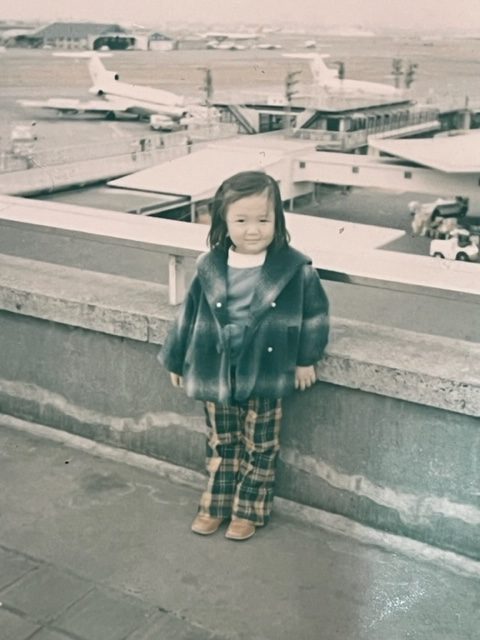
What did you want to be when you were growing up?
I wish I had a pithy answer like rocket scientist or space doctor! But honestly, I have no memory of what I was thinking as a kid. In some ways, I was the typical immigrant child – I put my head down, worked hard to get good grades in school, and tried not to rock the boat or make my parents worry. I probably thought I would do something practical and safe, like become a doctor or accountant. But I always felt like I didn’t have the information or access to truly understand all the possibilities – a little bit like looking out on the ocean and not knowing where it ended. College was eye-opening and freeing, and being on a campus like U.C. Berkeley made a huge impact on me. I’m the first lawyer in my family, so I suppose I did end up doing something practical!
How has your personal journey informed the way you navigate your career?
This is a tough question because I think I’m still sorting out and coming to terms with my personal journey and how that has shaped my world view, my approach to work, and even my definition of success. The pandemic has been challenging for everyone and there’s been so much loss and sacrifice. At the same time, the horrific increase in violence and hate against the AAPI community, especially our vulnerable Asian elders, has been personally traumatizing for me and my daughters. I came to the U.S. at the age of four and grew up in a restaurant, so my personal journey may seem familiar, but not relatable. I read somewhere that children of immigrants tend to under sell and over deliver and that we struggle to claim our self-worth because it’s perceived as greedy or selfish. I think part of that rings true, and I think it has shaped my approach to work and my career.
I believe in pulling people up and breaking up the status quo. I also think that gratitude and humbleness are important – they ground you and remind you that life is full of uncertainty but also pleasant surprises. I love listening to Shannon Lee’s podcast (she’s the daughter of Bruce lee) because she is full of gratitude and generosity, and because there’s a peacefulness to her father’s philosophy, “Be like water.” I’ve tried to navigate my career with a similar philosophy – with gratitude and openness, shaping but not directing, and flowing not resisting.
“My global curiosity have definitely shaped my respect and belief in the power of local, grassroots activities.”
How have your lived experiences helped you in your industry today?
It’s taught me to be resilient, to think about the bigger picture and to be prepared for biases, stereotypes, and static mindsets. I’ve been the object of people’s assumptions – i.e., they expect me to be demure, submissive, inarticulate, cold, humorless – and it never gets old to prove them wrong or see the look of surprise on their face. I grew up in a fairly homogenous community until I was about 14 and experienced some breathtaking racism, but I finished high school in Los Angeles and my world opened up. The nonchalant diversity of L.A., the natural multi-racial collaborations that the city offered to me was the salve I needed. There’s an assumption that you have to be aggressive and extroverted to thrive in the legal profession, but some of the best lawyers and most effective leaders are quiet, calm, kind, and wickedly funny. I navigate the legal profession by surrounding myself with curious people who are committed to the practice of law as a vocation of service to others.
How do you think driving inclusion in your region differs from other parts of the world? Are there unique challenges or opportunities?
Driving inclusion and having conversations about diversity and equity are definitely unique given the history of the United States, but there are similarities that can be applied across the world. The terminology may be different, but the objectives and programs are remarkably similar. At its core, our DEIB efforts are about ensuring that untold stories and marginalized experiences are given equal footing, respect, and acknowledgement. For example, I led the implementation of the Mansfield Rule program for IHS Markit’s Legal, Risk and Compliance department and, at first, there was a debate and struggle about how to apply the program outside of the United States. How do you define people of color or racial minorities in the EMEA or APAC regions? Modifying the Mansfield Rule program to fit these regions actually created meaningful conversations and helped us examine our assumptions.
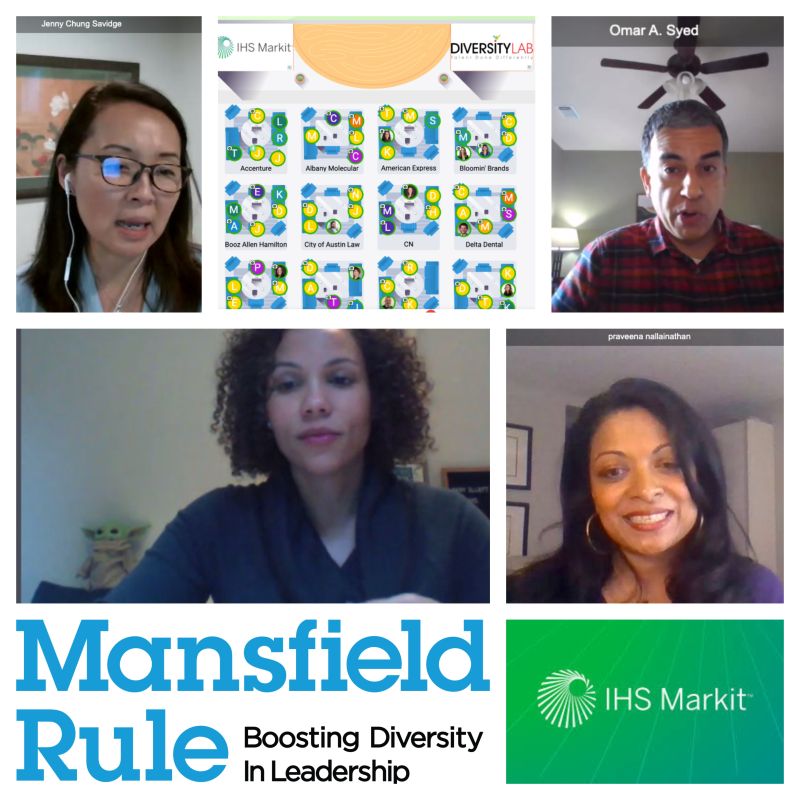
“How do you define people of color or racial minorities in the EMEA or APAC regions? Modifying the Mansfield Rule program to fit these regions actually created meaningful conversations and helped us examine our assumptions.”
How has connecting globally with people in other countries influenced your thinking or approach?
At IHS Markit, I was fortunate to work in a very global environment with offices and colleagues in over 35 countries around the world. Since the pandemic, video conference calls have made it easier for us to connect with our distant colleagues in disparate countries; our work lives have felt more intimate and knowable. I’ve always had a global perspective and I love traveling and learning new cultures, histories, and languages. Perhaps it’s the bicultural world that I grew up in, but I am always curious about how other countries govern themselves, how they approach injustice and inequity, and how they teach and articulate their local histories. My community organizing experience from my youth and my global curiosity have definitely shaped my respect and belief in the power of local, grassroots activities.
We often reflect on you can’t be what you can’t see, how far does this resonate with you and your own experiences?
I think it’s a powerful statement and extremely true. If you don’t see yourself reflected in the greater society, or have strong role models to follow, it takes a toll on you. I had an unconventional career after college and felt like I was going it alone because I didn’t have any positive reference points to lean on for support.
After law school, I took a fairly traditional path: clerkship, big law firm, in-house. While I had wonderful mentors along the way, not one of them looked like me or had similar backgrounds or experiences. Although I never felt that it was an obstacle at the time, perhaps that’s a function of “you don’t know what you don’t know.” Interestingly, the idea that you can’t be what you can’t see can sometimes backfire and be reductionist. There have been times in my career when I have been directed to connect with other Asian colleagues who are from countries outside the United States – i.e., the equivalent of being told to sit with the other Asians in class because we all look alike. This obviously discounts the fact that I grew up in the United States. The AAPI experience is complex, multi-layered, and fundamentally grounded in ethnicity, socioeconomic status, and when you arrived, so the idea of representation is equally complex and is not quite captured by the idea that “you can’t be what you can’t see.”
